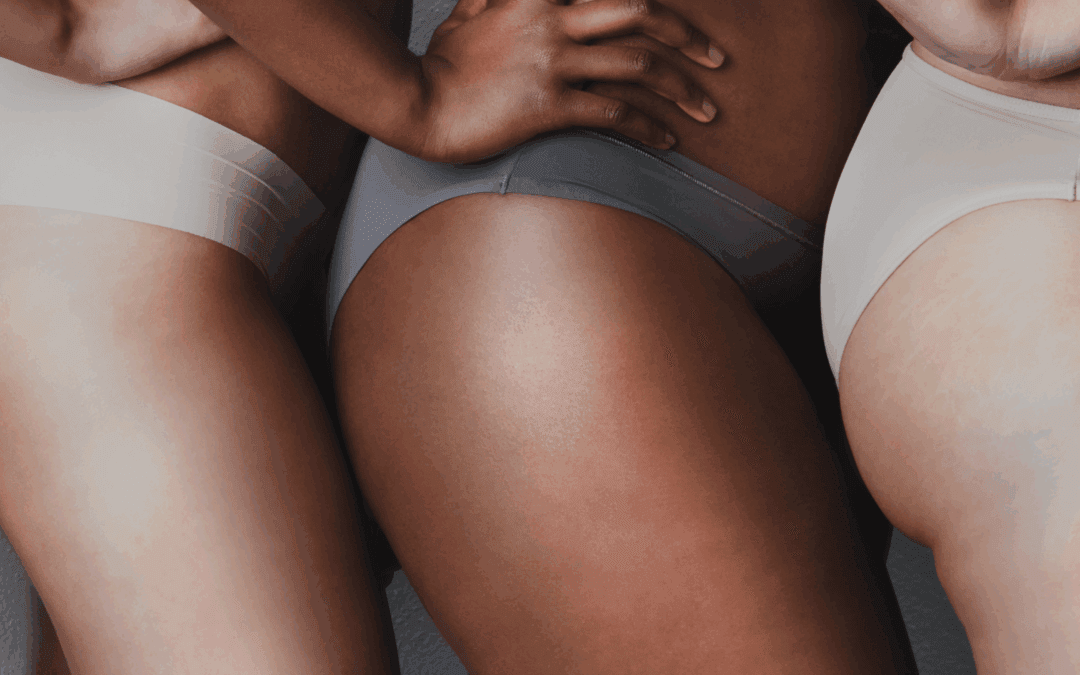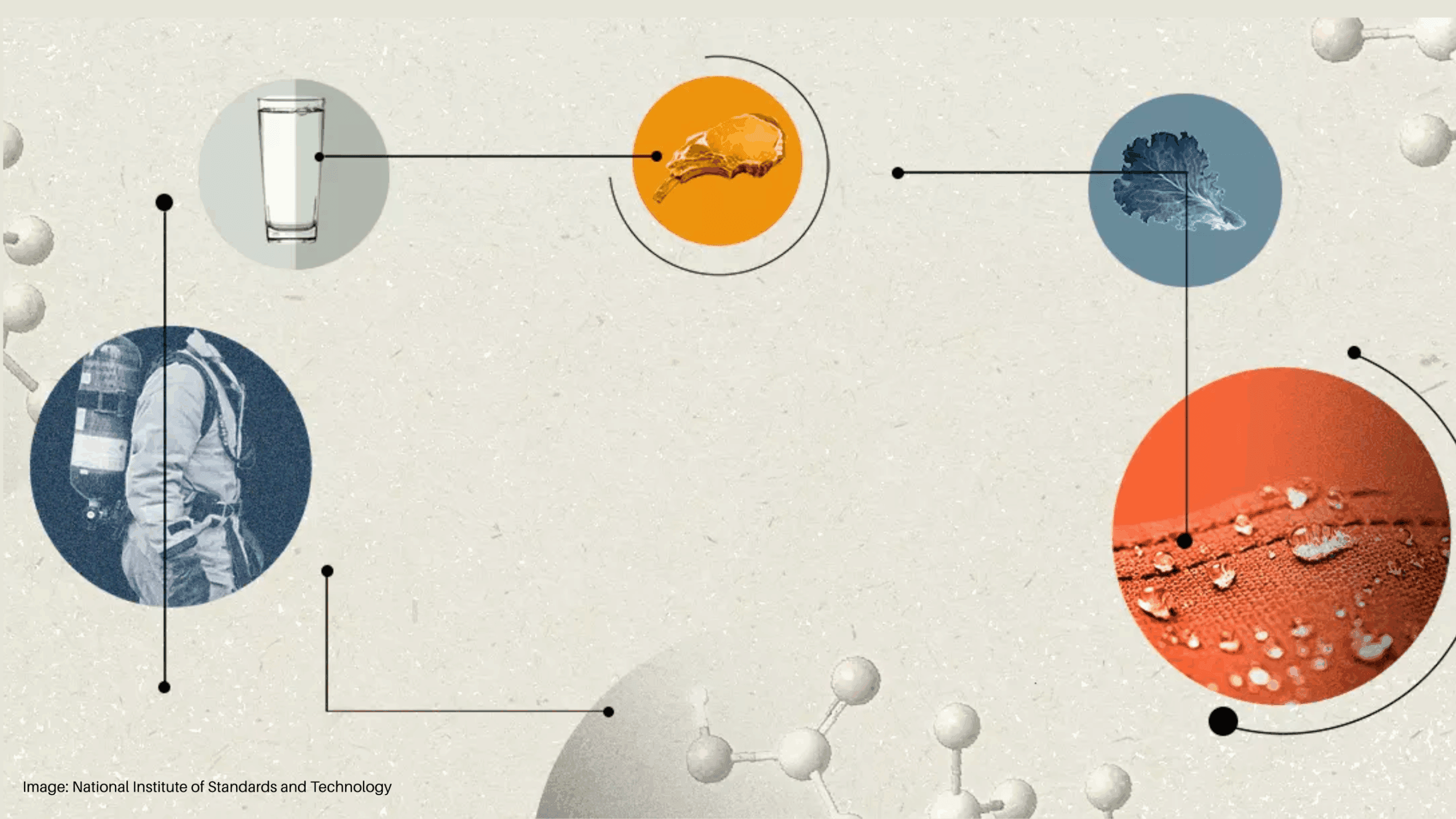Leading sustainability certifier, Positive Luxury, has released its February 2024 report to help the luxury beauty industry change for the better
Positive Luxury is paving the way for sustainable change within the beauty industry. Its February 2024 report reviews the challenges and potential solutions facing the sector and encourages brands to invest in innovation.
As Positive Luxury’s CEO, Amy Nelson-Bennett, says: ‘The sector faces many challenges, from climate change and biodiversity loss to water scarcity. But challenges can also be perceived as opportunities.’
Below, we highlight two key areas of thinking from the report:
Backing biotech
There has long been a perceived gap between science and nature within the industry, with a conflict existing between ‘plant-based’ and ‘synthetic’ formulas. However, Positive Luxury argues that combining the two is the answer.
Enter: biotechnology.
Biotech strikes the balance between organic ingredients and science, replicating nature within a lab to engineer an ingredient more efficient than its natural counterpart. It also has a more positive impact upon the environment.
A good example of where biotech has worked is Biossances’ alternative to squalene, an unethical and unsustainable ingredient sources from shark livers. Through biotech, Amyris was able to create the alternative squalane, possessing similar qualities, which now takes up 30% of the global market and saves an estimate of 2-3 million sharks per year.
The report highlights that, whilst biotech isn’t a 100% net-zero option, it can still be utilised to reshape the beauty industry’s impact upon the planet. It fills a gap that naturally organic ingredients have left and creates viable options that are better for the planet.
Putting people first
Positive Luxury encourages brands to think about human sustainability and how businesses should interact with communities.
Discussing how brands should be mindful of biodiversity and their impact within the supply chain, the report highlights how people are a key part of this. Using the example of Dior’s recent work developing relationships with local farmers, it emphasises the role of community in the creation of sustainably flowing ecosystems.
The report also stresses the importance of brands’ commitment to inclusivity when developing sustainable goals. According to Positive Luxury, the beauty industry has taken its first steps towards true inclusivity, but not enough.
It is vital that change is more than surface level marketing, with products made truly accessible. As the report states: ‘Today representation and brand values are as important as the product themselves.’
As net-zero and sustainability targets approach, it’s apparent that businesses need to act to reach sustainable development goals. Positive Luxury shows that creative innovation is at the heart of sustainable progression.




